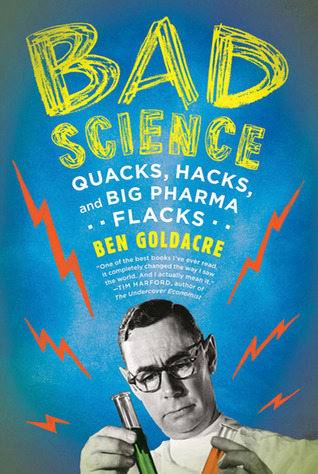More on this book
Community
Kindle Notes & Highlights
trying to construct a broad understanding of the world from a memory of your own experiences would be like looking at the ceiling of the Sistine Chapel through a long, thin cardboard tube: you can try to remember the individual portions you’ve spotted here and there, but without a system and a model, you’re never going to appreciate the whole picture.
It feels almost too obvious to mention, but our values are socially reinforced by conformity and by the company we keep. We are selectively exposed to information that revalidates our beliefs, partly because we expose ourselves to situations in which those beliefs are apparently confirmed; partly because we ask questions that will—by their very nature, for the reasons described above—give validating answers; and partly because we selectively expose ourselves to people who validate our beliefs. It’s easy to forget the phenomenal impact of conformity. You doubtless think of yourself as a fairly
...more
Communal reinforcement is the process by which a claim becomes a strong belief, through repeated assertion by members of a community. The process is independent of whether the claim has been properly researched or is supported by empirical data significant enough to warrant belief by reasonable people.
This is something humans are very good at—filtering irrelevant information—but that skill comes at a cost of ascribing disproportionate bias to some contextual data.
What does “statistically significant” mean? It’s just a way of expressing the likelihood that the result you got was attributable merely to chance.
WHO’s highly successful global polio eradication program was on target to have eradicated this murderous disease from the face of the earth by now—a fate that has already befallen the smallpox virus, excepting a few glass vials—until local imams from a small province called Kano in northern Nigeria claimed that the vaccine was part of a U.S. plot to spread AIDS and infertility in the Islamic world and organized a boycott that rapidly spread to five other states in the country. This was followed by a large outbreak of polio in Nigeria and surrounding countries and tragically even farther
...more
Speaking only for myself, I am very wary of drug companies, not because I think all medicine is bad, but because I know they have hidden unflattering data and because I have seen their promotional material misrepresent science. I also happen to be very wary of GM food—but not because of any inherent flaws in the technology and not because I think it is uniquely dangerous. Somewhere between splicing in genes for products that will treat hemophilia at one end and releasing genes for antibiotic resistance into the wild at the other lies a sensible middle path for the regulation of GM, but there’s
...more
At the risk of initiating mass panic, I feel duty bound to point out that if MMR still scares you, then so should everything in medicine and indeed many of the everyday lifestyle risk exposures you encounter, because there are a huge number of things that are far less well researched, with a far lower level of certainty about their safety. The question would still remain of why you were so focused on MMR. If you wanted to do something constructive about this problem, instead of running a single-issue campaign about MMR, you might, perhaps, use your energies more usefully. You could start a
...more
I am not surprised that there are individual entrepreneurs, but I am unimpressed that the media carry their assertions as true. I am not surprised that there are people with odd ideas about medicine or that they sell those ideas. But I am spectacularly, supremely, incandescently unimpressed when a university starts to offer B.Sc. science courses in them. I do not blame individual journalists (for the most part), but I do blame whole systems of editors and the people who buy newspapers with values they profess to despise.
Whatever the wealthy pill peddlers try to tell you, with their brand-building conspiracy theories, big pharma isn’t afraid of the food supplement pill industry; it is the food supplement pill industry. Similarly, big pharma isn’t frightened for its profits because popular opinion turned against MMR: if they have any sense, these companies are relieved that the public is obsessed with MMR and thus distracted from the other far more complex and real issues connected with the pharmaceutical business and its inadequate regulation.
The greatest problem of all is dumbing down. Everything in the media is robbed of any scientific meat, in a desperate bid to seduce an imaginary mass that aren’t interested.


